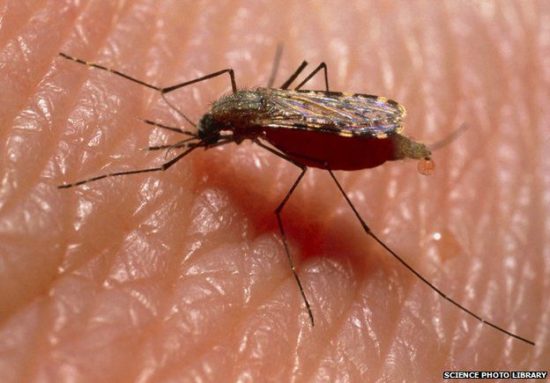“Researchers map druggable genomic targets in evolving malaria parasite”
“Researchers at University of California San Diego School of Medicine, with colleagues across the country and around the world, have used whole genome analyses and chemogenetics to identify new drug targets and resistance genes in 262 parasite cell lines of Plasmodium falciparum—protozoan pathogens that cause malaria—that are resistant to 37 diverse antimalarial compounds.
The study, published in the January 12 issue of Science, confirmed previously known genetic modifications that substantially contribute to the parasites‘ drug resistance, but also revealed new targets that deepen understanding of the parasites’ underlying biology.
“This exploration of the P. falciparum resistome—the collection of antibiotic resistance genes—and its drug-able genome will help guide new drug discovery efforts and advance our understanding of how the malaria parasite evolves to fight back,” said senior author Elizabeth Winzeler, PhD, professor of pharmacology and drug discovery in the Department of Pediatrics at UC San Diego School of Medicine.
P. falciparum is a unicellular protozoan transmitted to humans through the bite of infected Anopheles mosquitos. It is responsible for approximately half of all malaria cases. Malaria’s massively disproportionate impact on human health—the World Health Organization estimates there were 216 million cases worldwide and 445,000 deaths in 2016—is due in part to the parasites’ particular adeptness at changing genomes to evade and resist drug treatment and the human immune system.”
Source: Phys.Org

